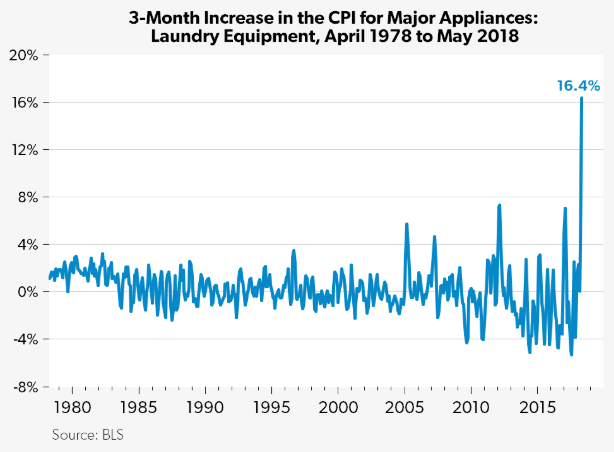ReasonTV
Published on 13 Jul 2018The Peruvian economist says blockchain technologies and social media will transform the planet by securing property rights.
—————-In the spring of 1989, Chinese students occupied Tiananmen Square, erected a replica of the Statue of Liberty, and called for democracy and individual rights. By the fall, people living in East Germany took hammers and chisels to the Berlin Wall, unleashing a wave of revolutions that ultimately led to the collapse of the Soviet Union. It was an auspicious year for human freedom.
Nineteen eighty-nine was also the year that Peruvian economist Hernando de Soto published The Other Path: The Invisible Revolution in The Third World, which radically challenged conventional wisdom about the underlying cause of persistent poverty in the post-colonial landscape. Drawing on his extensive field work with the Peruvian-based think tank the Institute for Liberty and Democracy, de Soto argued that people were pushed into the black market and wider informal economy because governments refused to recognize, document, and promote legal ownership of land and other assets.
Without clear title and the right to transfer property, common farmers understandably refused to invest much in the land they tilled, and they couldn’t use it as collateral. This created what de Soto later called “citadels of dead capital” with value that could never be fully accessed.
No one, he argued, would plan for the future if everything they accumulated could just be taken away. As much an activist as an intellectual, De Soto has been called “the world’s most important living economist” by former President Bill Clinton. He is credited with changing policy in Peru and elsewhere by pushing governments to create property regimes that are public, transferable, and secure. His latest endeavor is a partnership with Overstock.com founder Patrick Byrne and others to use blockchain technology and social media to create totally public and perfectly transparent records of ownership.
Reason‘s Nick Gillespie caught up with de Soto in Washington, D.C. in June, where he received the Competitive Enterprise Institute’s Julian L. Simon Memorial Award, named for the late free-market economist who believed that “mankind is the ultimate resource.”
July 14, 2018
Hernando de Soto Knows How To Make the Third World Richer than the First
Trump’s tariffs are working
Tim Worstall explains that the recent US price hikes in washing machines is exactly what the Trump administration wanted:
The part of import tariffs that all too many fail to understand is that it is consumers being “protected” by them who actually pay them. That is, import tariffs on foreign goods entering the United States are paid by those inside the United States. Or, as we can also put it, Trump’s tariffs are making Americans poorer. This isn’t a known to be desired effect of economic policy.
However, it’s important to note that the real burden doesn’t come from the rise in price of the imports. It’s what the domestic producers do to us all in the absence of that foreign competition which is important:
If you’re unfortunate enough to be shopping for a new washing machine, you can thank the Trump tariffs on imported washing machines, washing machine parts, steel and aluminum for the largest three-month price increase — 16.4% from February to May this year — in the 40-year history of the BLS series for Major Appliances: Laundry Equipment that started in January 1978 (see chart above). In the May CPI report (see Table 2), the one-month increase in the CPI for Laundry Equipment of 7.4% in May followed a 9.6% increase in April, and in both months was the largest monthly price increase of any of the 300 individual CPI categories or sub-categories. For the month of May, the 7.4% increase in the washing machine series was twice the increase of the next highest increase of 3.7% for educational books and supplies (mostly college textbooks).
What’s worse than this price rise is that this is planned. This is the desired outcome from the people who imposed these taxes.
Wicked Game (Cover) – Hannah Boulton, Rabea Massaad, Dave Hollingworth & Ben Minal
Rabea Massaad
Published on 10 May 2017Wicked Game (Cover) – Hannah Boulton, Rabea Massaad, Dave Hollingworth & Ben Minal
As requested here is just the track from my Universal Audio Apollo 8P vs Neve 1073 shootout.
The question here is, which do you think you are hearing?
H/T to ESR, who said “Rare case of a cover that is way better than the original.
Who knew you could improve Chris Isaak’s Wicked Game by re-imagining it as a blues shuffle? Boulton’s vocals and Massaad’s guitar just nail that timeless feeling.”




